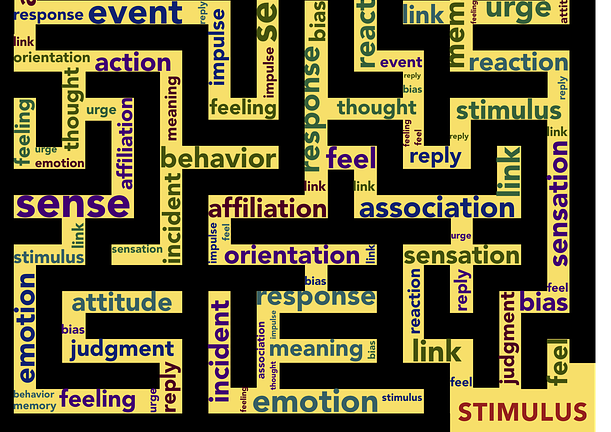The Coronavirus Aid, Relief and Economic Security (CARES) Act, the $2 trillion stimulus package just passed by Congress and signed into law by President Trump, offers some financial and medical relief to older adults. The legislation includes cash payments and expanded Medicare benefits, along with emergency supports for skilled nursing facilities and caregivers.
If you get Social Security benefits, you will receive an extra check for $1,200, so long as your adjusted gross income (AGI) in 2019 was $75,000 or less. If you’re married, you’ll both get $1,200, so long as your combined income was $150,000 or less.
If your individual annual income is less than $99,000, you will receive a stimulus check for an amount less than $1,200. If your individual income is $99,000 or higher or your combined income with your spouse is $198,000 or higher, you are not eligible to receive a stimulus check.
The government will determine your income based on your 2019 tax filing if you made one. If not, it will base it on your 2018 tax filing.
If you did not file a tax return in 2018 or 2019, the CARES Act explicitly allows the Treasury Department to use your Social Security statement to establish your income so that people get money quickly. Click here for more information.
And, on April 1, the Treasury Department announced that it would be sending stimulus payments automatically into the bank accounts of people getting Social Security, or by check, however they receive their Social Security benefits. [In so doing it reversed its position on March 30, which required older adults and people with disabilities to file a tax return in order to receive their checks.]
As of now, if you receive SSI benefits or Veterans Pension benefits but do not receive Social Security benefits and do not file a tax return because your income is low, you will need to file a 2019 tax return in order to get a stimulus check. You are likely able to file your 2019 tax return for free online through the IRS Free File program. This IRS requirement is a terrific burden and will keep many people from receiving stimulus money. Advocates are fighting hard to have it lifted.
The stimulus money will go out as soon as possible. The Treasury Department is now saying that people for whom it has direct deposit information, should see the money in their bank accounts by April 14. If the IRS does not have your direct deposit information and you would like the money deposited directly in your bank account, you will be able to enter the necessary information on an IRS web site in the coming weeks. If not, the IRS will mail you a check; but, then, you might not see the money until September.
Here are other provisions of the law specifically applicable to older adults and people with disabilities:
- Medicare Part D prescription drug plans are authorized to provide a three-month supply of medications.
- Medicare and Medicaid will cover a wide range of telehealth services if you are unable to visit a doctor.
- The Center for Medicare and Medicaid Services will have greater resources to help ensure nursing homes are able to control the spread of infection and so that states are better prepared to contain the spread of COVID-19 in nursing homes.
- Older Americans Act and disability services programs, such as nutrition; home and community-based supportive services, family caregivers, and the Low Income Home Energy Assistance Program (LIHEAP) will receive an additional $955 million.
Here’s more from Just Care:











My savings went to medical bills when I should have still been working, but I was sick.
So I have a very small social security and not enough to live on.
Finally, with the only ‘raise’ is eaten up because groceries and everything else raised their prices much more than the so-called ‘raise’.
I kept trying to find jobs, and did get several part time jobs.
Then after I realized I wasn’t going another, due to my age.
I decided to babysit. I love children, and I found that they loved me too.
The babysitting brought in enough to help a lot.
Now I can’t babysit because of the virus.
I have asthma, and have had pneumonia at least 3 times, and I am very scared. I stay home, and as 73 I have gotten help with neighbors that I found online. They have brought me some needs. Sometimes they bring the wrong, but usually it’s okay. I pay for the groceries, but they don’t ask pay for bringing. I had managed to save a little of my babysitting but I’m using that up.
That’s what this virus did to my life. I will soon have no savings at all.